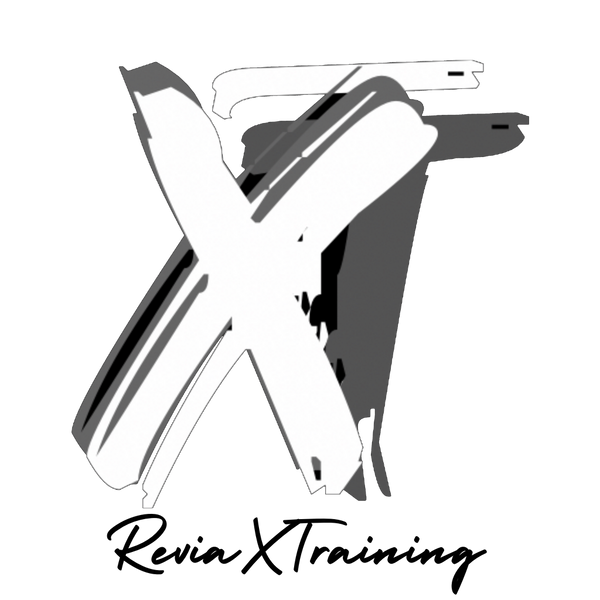The Role of Nutrition in Fitness: Fueling Your Body for Success
They say you are what you eat, and when it comes to fitness, this couldn’t be more accurate. Whether your goal is to build muscle, lose fat, or simply improve overall health, nutrition plays a critical role in fueling your body and maximizing your fitness results. Understanding the relationship between what you eat and how you perform is key to achieving long-term success on your fitness journey. Here’s how nutrition fuels your fitness goals and keeps you on track.
1. The Basics of Nutrition
Macronutrients: These are the nutrients your body needs in large amounts—carbohydrates, proteins, and fats. Each serves a unique purpose in your fitness journey.
- Carbohydrates: Your body’s primary source of energy, especially during high-intensity workouts. They fuel your muscles and brain, making them essential for both performance and recovery.
- Proteins: The building blocks of muscle. Protein is crucial for muscle repair and growth, especially after strength training sessions.
- Fats: Essential for hormone production and overall health. Fats also provide a concentrated source of energy, particularly for low-intensity, longer-duration activities.
Micronutrients: These include vitamins and minerals, which are needed in smaller amounts but are vital for energy production, immune function, and overall well-being. Deficiencies in micronutrients can hinder your performance and recovery.
2. Pre-Workout Nutrition
Fueling Up Before Exercise: Eating the right foods before a workout can make a significant difference in your performance. A well-balanced pre-workout meal should include a mix of carbohydrates and protein, consumed about 1-3 hours before exercise.
- Carbohydrates: Opt for complex carbs like whole grains, fruits, and vegetables to provide sustained energy.
- Protein: Include a moderate amount of lean protein to help prevent muscle breakdown during your workout.
- Hydration: Don’t forget to hydrate! Drink plenty of water before your workout to ensure your body is well-hydrated.
Example Pre-Workout Meal: Oatmeal with a scoop of protein powder and a banana, or a whole-grain toast with peanut butter and sliced apples.
3. Post-Workout Nutrition
Recovery and Replenishment: After a workout, your body needs to repair muscle tissue and replenish glycogen stores. Consuming a combination of protein and carbohydrates within 30-60 minutes after exercise can optimize recovery.
- Protein: Helps to repair and rebuild muscles. Aim for about 20-30 grams of protein in your post-workout meal.
- Carbohydrates: Replenish glycogen stores to restore energy levels. Simple carbs like fruits or a sports drink can be beneficial immediately after a workout.
- Hydration: Continue to hydrate after your workout to replace fluids lost through sweat.
Example Post-Workout Meal: A protein shake with a banana, or grilled chicken with sweet potatoes and steamed vegetables.
4. The Importance of Balanced Meals
Meal Composition: A balanced meal includes a variety of macronutrients and micronutrients. Each meal should ideally contain a source of protein, healthy fats, and complex carbohydrates, along with plenty of fruits and vegetables for vitamins and minerals.
- Protein: Essential for muscle maintenance and repair.
- Carbohydrates: Provide energy and support brain function.
- Fats: Support hormone production and nutrient absorption.
- Fruits and Vegetables: Provide essential vitamins, minerals, and antioxidants to support overall health.
Example Balanced Meal: Grilled salmon with quinoa and a side of mixed vegetables, or a chicken salad with avocado and a variety of colorful veggies.
5. Hydration and Its Role in Fitness
Water Intake: Staying hydrated is crucial for optimal performance and recovery. Water regulates body temperature, lubricates joints, and helps transport nutrients throughout the body.
- Before Exercise: Drink water throughout the day, and consume 16-20 ounces of water 2-3 hours before your workout.
- During Exercise: Sip water regularly, especially during longer or more intense sessions.
- After Exercise: Rehydrate with water or a sports drink, particularly if you’ve had a high-intensity workout or sweated heavily.
6. Supplements: When and How to Use Them
Do You Need Supplements? While whole foods should be your primary source of nutrition, supplements can be beneficial in certain situations. For example, if you struggle to meet your protein needs through food alone, a protein powder can be a convenient option.
- Protein Supplements: Useful for meeting protein needs, especially post-workout or when on the go.
- Creatine: Supports muscle strength and recovery, commonly used by athletes during strength training.
- Multivitamins: Can help fill nutritional gaps in your diet, but should not replace a healthy, balanced diet.
- Caffeine: Can enhance performance, especially in endurance sports or high-intensity workouts. However, it should be used in moderation.
7. The Role of Nutrition Timing
When You Eat Matters: While what you eat is crucial, when you eat can also impact your performance and recovery. Pre- and post-workout meals, as discussed, are particularly important, but so is spreading your meals evenly throughout the day to maintain energy levels and support muscle recovery.
- Small, Frequent Meals: Eating every 3-4 hours can help keep your metabolism active and provide a steady supply of nutrients to your muscles.
Conclusion
Nutrition is the foundation of your fitness journey. By understanding how macronutrients, micronutrients, hydration, and timing work together, you can fuel your body for optimal performance and recovery. Remember, consistency is key—make balanced nutrition a priority every day, and you’ll see the results in your workouts and overall well-being.
Ready to optimize your nutrition for fitness success? Join our 30-Day Bodyweight Blast to get personalized guidance on how to fuel your body and achieve your fitness goals.
Join the 30-Day Bodyweight Blast Now!